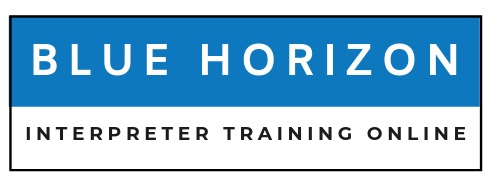Interpreting Certifications
After completing a 40- to 60-hour foundation program, becoming a certified interpreter should be the goal for professional interpreters. While certifications still don’t exist for every interpreting specialization (such as educational interpreting) enough certifications now exist that organizations increasingly require their bilingual staff, contractors and volunteers to be certified.
Medical Interpreter Certification
Certification Commission for Healthcare Interpreters (CCHI)
CCHI is one of two national organizations to certify medical interpreters. Here are some certification preparation resources, including practice tests.
CCHI’s 2020 Annual Report (includes certification exam statistics)
The National Board of Certification for Medical Interpreters (NBCMI)
NBCMI is one of two national organizations to certify medical interpreters. Here are some certification preparation resources.
Community Interpreter Certification
Department of Social and Health Services (DSHS), Washington State
In 1991, the DSHS in Washington state initiated an effort to certify its bilingual staff; social service and medical interpreters; and translators working for DSHS throughout its many divisions and programs.
American Sign Language (ASL) Interpreter Certification
Registry of Interpreters for the Deaf (RID)
RID offers certifications and certification maintenance programs for ASL interpreters.
Board for Evaluation of Interpreters Certification Program (BEI)
Although based in Texas, the BEI certification is used and recognized in several states for ASL interpreters.
Court Interpreter Certification
National Center for State Courts (NCSC)
NCSC offers extensive information, legal glossaries and exam preparation for state court interpreter certifications and the Federal Court Interpreter Certification Examination (FCICE).


